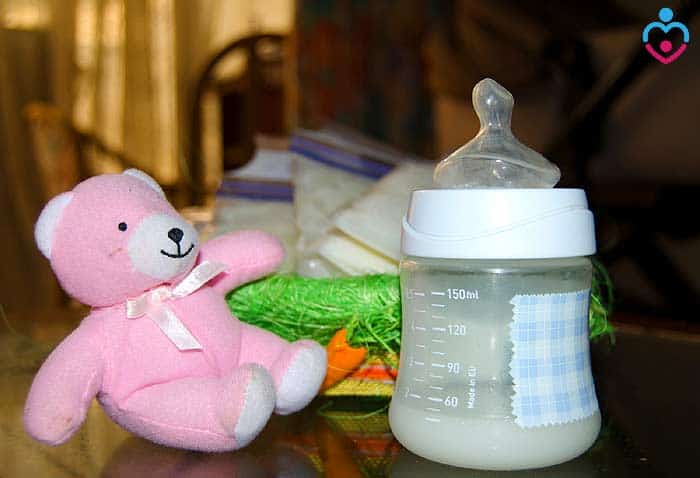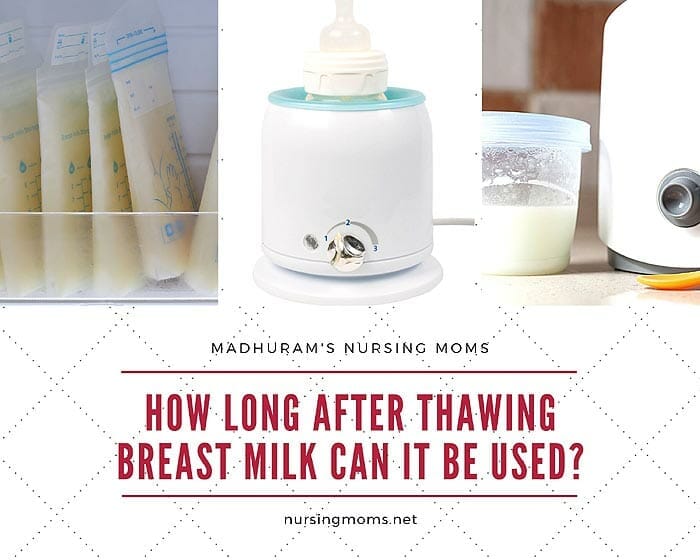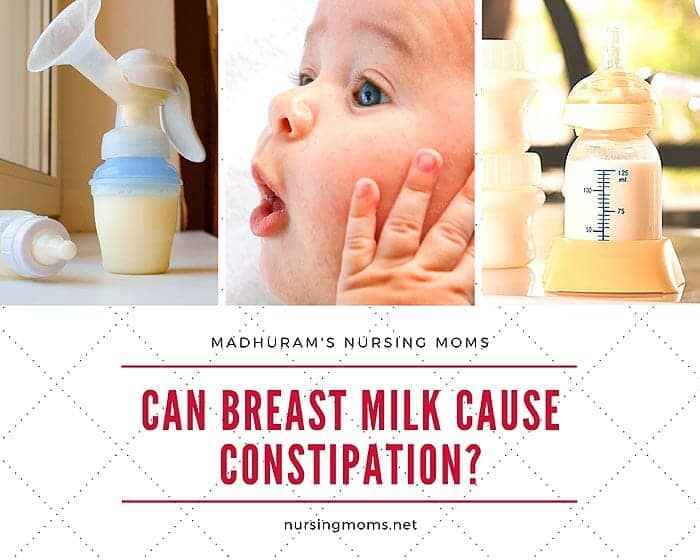
There is a big controversy going on for years when it comes to caffeine’s influence on breastfed babies. Some pediatricians support the idea that coffee is harmless, while others raise concerns regarding the side effects of it for young infants.
If you are wondering about the same aspects, keep reading so you understand how to avoid caffeine risks while enjoying its benefits without harming your baby.
Jump to:
How Long Does Caffeine Stay in Breast Milk?

If you like your morning coffee, you might need to investigate and see how this little treat will affect your baby.
- Mothers that are breastfeeding are always concerned about their diet. Coffee is going to make it to the breastmilk, so you need to work around that if you don't want your baby to ingest it.
- If you are wondering how long coffee stays in breastmilk, the answer is not more than 3 hours.
- So, you should enjoy your coffee right after feeding your baby. This way, you make sure that it is out of your breastmilk for the next meal.
How Much Caffeine Can I Have While Breastfeeding?

As far as the quantity of coffee that you can enjoy per day, there are limitations.
- Luckily, you will be pleased to discover that you can drink up to 300 mg of caffeine in a day. This will be the equivalent of 450-700 ml of coffee.
- You can still enjoy 2 or even 3 cups of coffee each day, depending on the size of the cups.
- This amount of coffee will not harm your baby, and it will give you the boost of energy you need. It might even be beneficial as you get to be more alert and more able to focus on your daily tasks.
Caffeine and Breastfeeding Effects on the Baby

Caffeine in small amounts will not affect your baby significantly. If you respect the recommended maximum amount of coffee for a day, you shouldn’t have to worry.
- Also, if you drink coffee three hours before breastfeeding, you will be on the safe side as well.
- Too much coffee will affect your baby, though. Infants are not able to digest coffee, and it builds up in their system. This can lead to being unable to fall asleep and having a fussy attitude.
- If you consume more than 300 mg of coffee per day, your baby might wake up more often during the night and not be able to rest appropriately. This can affect their nervous system if it goes on for too long.
- A baby that is breastfed can keep coffee in their system for as long as 65 hours and even 130 hours. This will affect the functioning of their organs as well as the way their kidney develops.
- It will also make the baby addicted to caffeine which can be drastic at such a young age.
Does Caffeine Affect Breast Milk?

Caffeine reaches breastmilk in a proportion of 1%, more or less.
- The exact amount is according to how much caffeine you are drinking top begin with.
- According to various studies, if you drink 335 mg of caffeine, 1.5% will be transmitted through your breastmilk.
You can avoid having breastmilk with caffeine in it if you limit your caffeine intake at 300 mg per day.
Also, drinking your coffee 3 hours before breastfeeding is essential too. This way, you take no risks of your little one ingesting caffeine.
Keep your coffee intake moderate and try to drink it three hours before you breastfeed your baby again. This is very important as it can help you make the most out of it and not exposing your baby to any risks!
- How Long To Breastfeed To Get Benefits?
- Top 10 Best Foods That Promote Lactation
- Top 15 Gas Causing Foods For Breastfed Babies
- Top 10 Foods to Stay Away from While Breastfeeding
- Top 10 Fruits to Avoid While Breastfeeding
- Can You Eat Chocolate While Breastfeeding?
- Can You Eat Spicy Food While Breastfeeding?
Key References
- "Breastfeeding and diet - NHS". Accessed December 17, 2019. Link.
- "Disposition of dietary caffeine in milk, saliva, and plasma of lactating women. - PubMed - NCBI". Accessed December 17, 2019. Link.






Leave a Reply